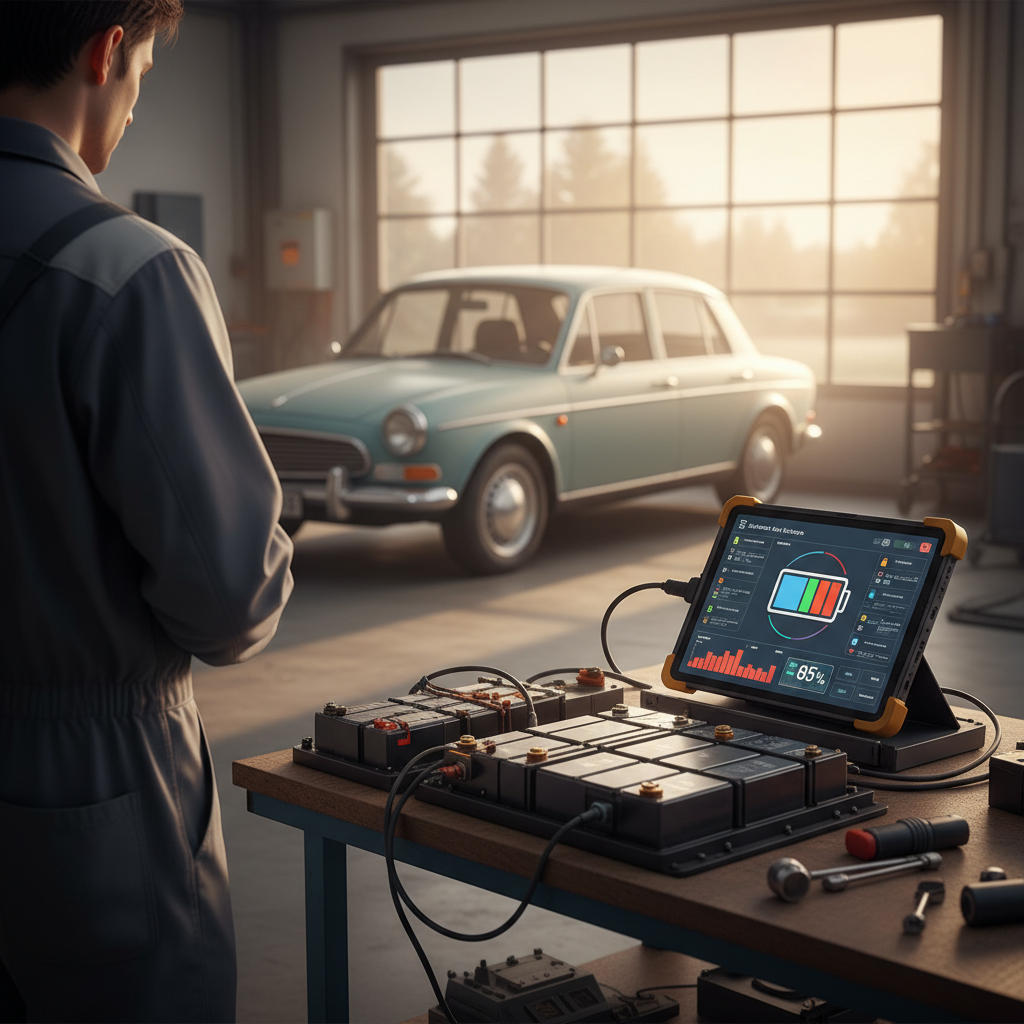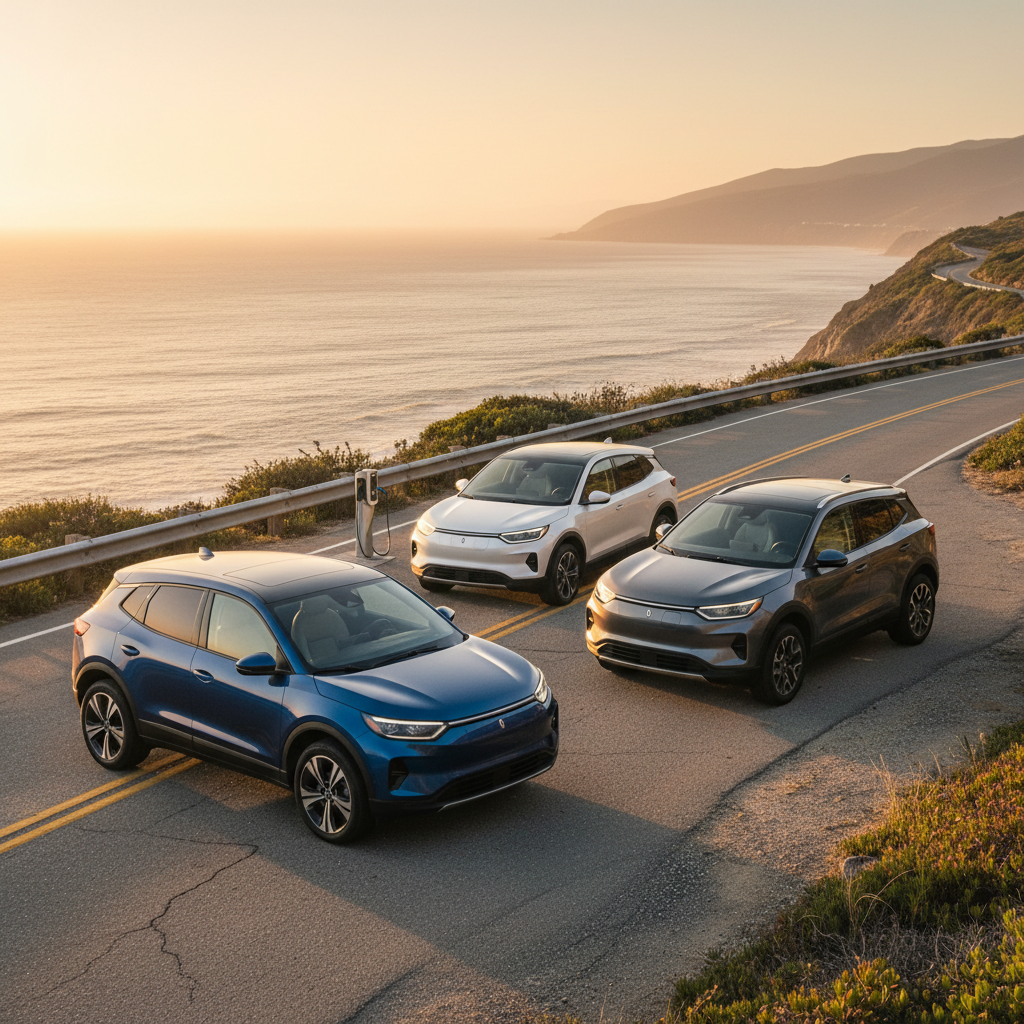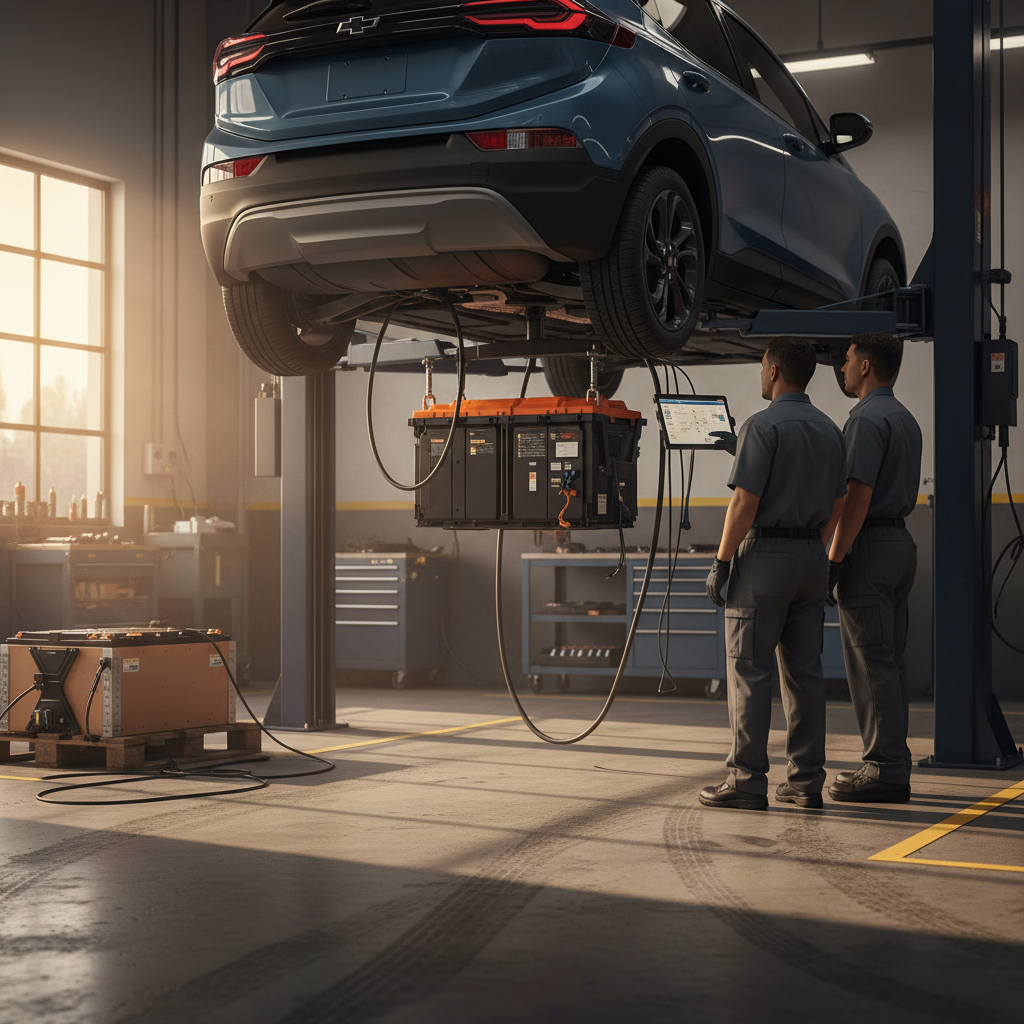If you live in New Jersey and are shopping for an EV, odds are you’ve heard phrases like “NJ EV Driven” or seen utility ads promising rebates for home EV charger installation. The branding can be confusing, but the big picture is simple: between state, utility and federal programs, a Level 2 home charger can cost far less than most shoppers expect, if you know how to stack the incentives and plan the install the right way.
Quick snapshot for NJ drivers
Why home EV charging matters in New Jersey
New Jersey’s fast-growing EV market
New Jersey drivers log plenty of highway miles on the Turnpike, Parkway and local commuter routes. Relying on public charging alone is possible, but it adds time, planning and sometimes higher per‑kWh pricing. Installing a Level 2 charger at home turns your driveway or garage into your primary “fuel station,” letting you plug in at night and wake up to a full battery without detours.
Think in miles of range, not kilowatts
What is NJ EV Driven and how do utility programs work?
“NJ EV Driven” is commonly used as a marketing phrase for utility‑run EV programs in the state, most notably Jersey Central Power & Light’s EV Driven portfolio, which includes residential charger rebates and bill credits for off‑peak charging. Other utilities, including PSE&G and Atlantic City Electric, run similar offerings under different brand names, but the structure is surprisingly consistent: they all aim to shift EV charging to off‑peak hours and to help customers with the up‑front cost of installing home charging.
How NJ utility EV programs typically support home charging
The names differ, EV Driven, SmartCharge, EV Marketplace, but the levers are similar.
Up-front installation help
Utilities may offer:
- Rebates for Level 2 chargers
- Credits toward panel or service upgrades
- Discounted or free make‑ready work on the utility side of the meter
Off-peak charging rewards
Many programs encourage overnight charging by offering:
- Time‑of‑use rates
- Monthly bill credits
- Special EV‑only rate plans
Enrollment requirements
To qualify, you’re often asked to:
- Register your charger with the utility
- Share charging data via a smart charger or telematics
- Agree to a specific rate plan or terms
Check your specific utility
Key NJ programs that cut home EV charger installation costs
When people talk about “NJ EV Driven home EV charger installation,” what they usually mean is the stack of statewide programs plus EV Driven–style utility incentives that can bring a home charger project down from a painful line item to a manageable upgrade. Here’s how the main pieces fit together as of late 2025.
Major home EV charger incentives for NJ residents (2025 snapshot)
Always confirm current details with each program before you apply or install, funding levels and deadlines can change.
| Program | Who runs it | Benefit type | Typical value | Key timing |
|---|---|---|---|---|
| Charge Up New Jersey In-Home EV Charger Incentive | State (NJBPU) | Rebate after purchase & installation | Up to $250 per qualifying Level 2 charger | Program year opened July 1, 2025; subject to annual funding |
| Utility EV programs (PSE&G, JCP&L EV Driven, ACE, others) | Electric utilities | Rebates, bill credits, make‑ready support | Roughly $500–$1,500+ depending on utility and upgrades | Ongoing; individual enrollment windows and caps |
| Alternative Fuel Refueling Property Tax Credit | Federal government | Tax credit (30% of costs) | Up to $1,000 per residence for equipment + install | Available for qualifying installs through June 30, 2026 |
| OEM & dealer promos | Automakers / dealers | Bundled charger + installation or credits | Varies; sometimes free hardware + standard install | Short‑term promotions linked to EV purchase timing |
Stacking programs correctly can turn a $2,000–$3,000 installation into a much smaller net cost.
Funding is not endless
Step-by-step: How home EV charger installation works in NJ
From idea to energized charger: a practical sequence
1. Confirm your panel and parking situation
Start by identifying where your EV will normally park and where your main electrical panel is located. Take photos of the panel labels and the run between the panel and your parking spot, your electrician (and sometimes your utility) will want to see these.
2. Check utility and state program rules
Before you buy hardware, visit Charge Up New Jersey and your utility’s EV portal to confirm which Level 2 chargers are on the approved list, what documentation is required and whether you must apply before installation or just after.
3. Choose a charger that fits your EV and incentives
Select a smart Level 2 charger that supports your vehicle’s connector (J1772 or NACS) and meets any program requirements such as Wi‑Fi connectivity or data‑sharing. When in doubt, pick from each program’s eligible equipment list.
4. Get quotes from licensed NJ electricians
For safety and code compliance, a Level 2 install should be handled by a licensed electrician. Ask for itemized quotes that separate hardware, labor, permits and potential panel or service upgrades.
5. Coordinate with your utility if upgrades are needed
If your panel is maxed out or you need a service upgrade, your electrician may need to coordinate with the utility for make‑ready work. This is where EV Driven–style rebates and credits can significantly offset costs.
6. Install, inspect and register
Once the charger is installed, your town may require an inspection. After approval, register the charger with your utility program, submit rebate applications and keep all receipts and inspection documents for your tax preparer.
Don’t DIY a 240-volt install
Choosing the right home EV charger for your NJ home
Core specs to focus on
- Power rating (amps): For most NJ homes, 32–40 amps (delivering roughly 7–9.6 kW on a 240‑volt circuit) is the sweet spot between speed and panel capacity.
- Connector type: Many chargers still ship with a J1772 connector, which works with most non‑Tesla EVs. If you own a Tesla or another NACS‑equipped EV, look for NACS‑ready units or plan on using an adapter.
- Smart features: Wi‑Fi or cellular connectivity, scheduling, load‑sharing and utility integration are increasingly required for rebates and off‑peak discounts.
- Cable length: A 20–25‑foot cable makes it easier to reach your charge port without creative parking.
Program compatibility checklist
- Verify the model is on the Charge Up New Jersey approved charger list before buying.
- Confirm your utility’s program, such as JCP&L’s EV Driven, accepts that charger model or brand for enrollment and data‑sharing.
- Check whether the charger must be hard‑wired versus plug‑in for a given rebate.
- Review warranty terms; many programs expect at least a 3‑year warranty, and 5 years is even better.
If you’re unsure, your electrician or EV dealer may have experience with models that smoothly pass inspection and qualify for local rebates.
Don’t oversize just because you can
Cost breakdown: What you’ll pay before and after incentives
Real‑world quotes vary widely across New Jersey, especially between older shore communities, exurban properties and newer developments with modern electrical service. But you can still sketch a reasonable range for a typical single‑family home installing a wall‑mounted Level 2 charger in a garage or on an exterior wall.
Illustrative home charger cost scenarios for NJ residents
These examples are not guarantees, your costs could be higher or lower. They show how NJ EV Driven–style programs and other incentives can change the math.
| Scenario | Up-front hardware | Labor, permits & materials | Total before incentives | Potential incentives stacked | Estimated net cost |
|---|---|---|---|---|---|
| Basic garage install, no panel upgrade | $500–$800 | $700–$1,000 | $1,200–$1,800 | $250 state + ~$750 combined utility & federal | Roughly $200–$800 |
| Driveway install with moderate trenching | $500–$800 | $1,200–$1,800 | $1,700–$2,600 | Same as above, plus possible extra utility make‑ready support | Roughly $700–$1,600 |
| Older home needing panel upgrade | $500–$900 | $2,000–$3,500+ | $2,500–$4,400+ | Utility programs may cover part of the upgrade; federal credit still capped at $1,000 | Roughly $1,500–$3,400+ |
Always get local quotes and confirm incentives before committing to an installation.
Why timing matters in 2025–2026
Single-family vs. condo/townhouse: Special considerations
Single-family homes
- Typically simpler approvals, no HOA vote required.
- Shorter runs from panel to parking area in attached garages.
- Easier to upgrade panels or add load‑management devices if needed.
- Most utility EV programs assume this use case and have clear guidance.
You still need permits and inspections, but the decision‑making rests with you, your electrician and sometimes your utility.
Condos, townhouses & multifamily
- May require HOA or board approval plus modifications to bylaws or parking rules.
- Might be better served by a shared charging solution in the parking area instead of a single dedicated station.
- State programs such as multi‑unit dwelling (MUD) charger incentives can help properties add shared infrastructure.
- Expect a longer timeline as property managers, boards and utilities coordinate.
If you’re buying a used EV and live in an MUD, ask sellers or property managers what charging is already in place and whether any projects are in the pipeline.
Buying a used EV? Ask about charging history
Common pitfalls with NJ EV Driven–style programs
- Buying a charger that isn’t on the state or utility approved list, then finding out it doesn’t qualify for the rebate.
- Scheduling installation before confirming whether your utility requires pre‑approval or a program application first.
- Forgetting to register the charger or share data, which can disqualify you from ongoing bill credits or off‑peak incentives.
- Underestimating panel limitations, only to discover late in the process that you’ll need a costly service upgrade.
- Waiting too long in the program year; by the time you’re ready, funds may be depleted or rules may have changed.
Paperwork matters as much as hardware
FAQ: NJ EV Driven & home EV charger installation
Frequently asked questions for New Jersey drivers
How Recharged helps NJ drivers go electric smarter
Getting from “EV curious” to “plugged in every night” in New Jersey doesn’t have to be complicated. The combination of NJ EV Driven–style utility rebates, Charge Up New Jersey incentives and remaining federal tax credits means home EV charger installation can be far more affordable than a quick Google search might suggest, especially if you plan ahead and avoid the common pitfalls.
At Recharged, every used EV comes with a Recharged Score Report so you can see verified battery health, fair market pricing and charging history before you buy. Our EV specialists can also walk you through home charger options, explain how New Jersey incentives work and help you match a vehicle to your charging situation, whether that’s a private driveway in Edison or a shared garage in Jersey City. If you’re ready to put your driveway to work as your new fuel station, this is a strong window to act while incentives are still on the table.



